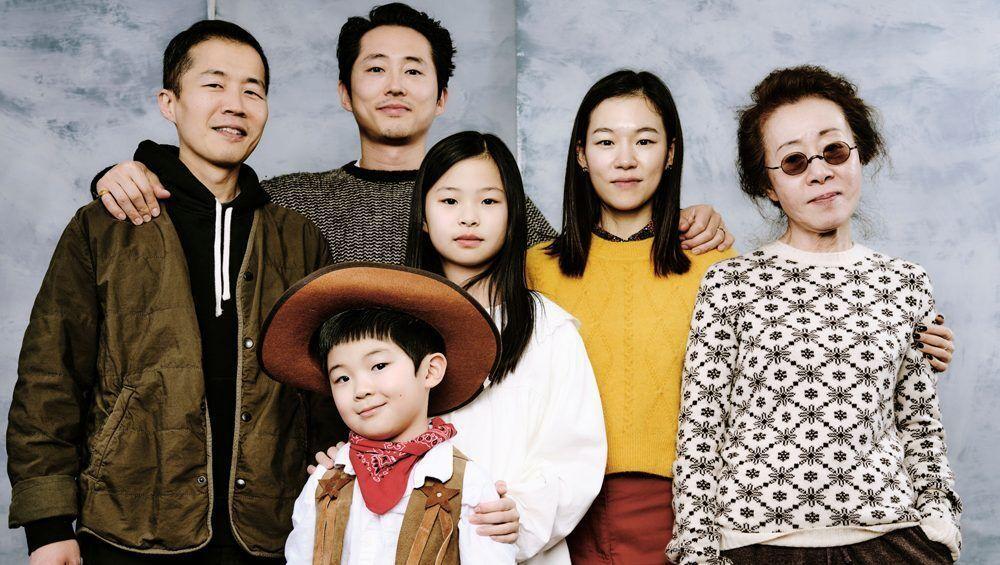Stars: 5/5
“I’ll take care of us.” – Jacob Yi
Writer-director Lee Isaac Chung’s “Minari” is one of the best films I have ever seen. It’s a spellbinding, personal and emotionally powerful picture featuring complex, multidimensional characters and a compassionate story of family, food and dreams.
Right from the opening strings, I knew this was going to be a very special film. “Minari,” meaning “water dropwort” in Korean, is nothing short of a masterpiece. Similar to Chloé Zhao’s “Nomadland,” it’s an authentic and wholly human film about family, nature, boundless promise and the American dream. Aided by the melancholy score by Emile Mosseri, it’s an intimately beautiful drama that revolves around a Korean American family who move from California to rural Arkansas after they purchase a “hillbilly” plot of land in the hopes of building a garden.
Turning in his most poignant and painful performance to date, the film stars Steven Yeun as Jacob, the patriarch of the Yi family, who hopes to build a garden that will stretch for fifty acres as compared to the five he has bought. Tired of the city, he wants nothing more than for his family to see him as successful at something. His wife, Monica (Han Ye-ri), is disillusioned by his grand ideas of fortune which creates a rift between them, but ever-watching from the sidelines of their rooms are children Anne and David (Noel Kate Cho and Alan Kim, respectively).
Through the younger David’s eyes, we see the heart-wrenching hardships of his parents trying to create a life for them. However, all this is further complicated tenfold when Monica’s mother from Korea (Youn Yuh-jung) comes to live with them in their trailer house. The performances across the board are understated, unexpectedly hilarious and genuinely beautiful.
While watching, I was enamored by the thought of how every scene reads like a memory. The film’s top billed star is Yeun, but we witness everything through David. His childlike perspective of seeing all the joy and despair his parents endure is reminiscent of my own memories growing up, i.e., watching my parents fight, discussing the future and fate of our family, how we will survive and the like. The shot compositions are even framed from lower angles which transported me back to me peeking behind a wall, much like David, watching them argue and discuss money, future and family. It deeply resonated with me and gave off an impression that I was reliving memories of my youth.
When I walked out the movie, I stopped and noticed the poster outside the theater. The top quote featured read: “‘Minari’ is the movie we need right now.” I could not agree more. In fact, I believe it’s a movie that we will always need. It’s a film for everyone that feels universally relatable to all immigrants, to all Americans. It’s a stirring portrait of an American family that is brimming with empathy and poetic beauty.
When I say I wept at the end of “Minari,” I could not stop crying for a few minutes. I couldn’t emphasize the dictionary denotation of the word even if I tried. The painful climax ripped me to shreds and obliterated any thought of happiness I could have, but with every painful event comes solidarity. And, in solidarity, you find family, which is what “Minari” is all about.
Rev Rank: Lee Isaac Chung’s ‘Minari ‘is nothing short of a masterpiece
March 23, 2021





